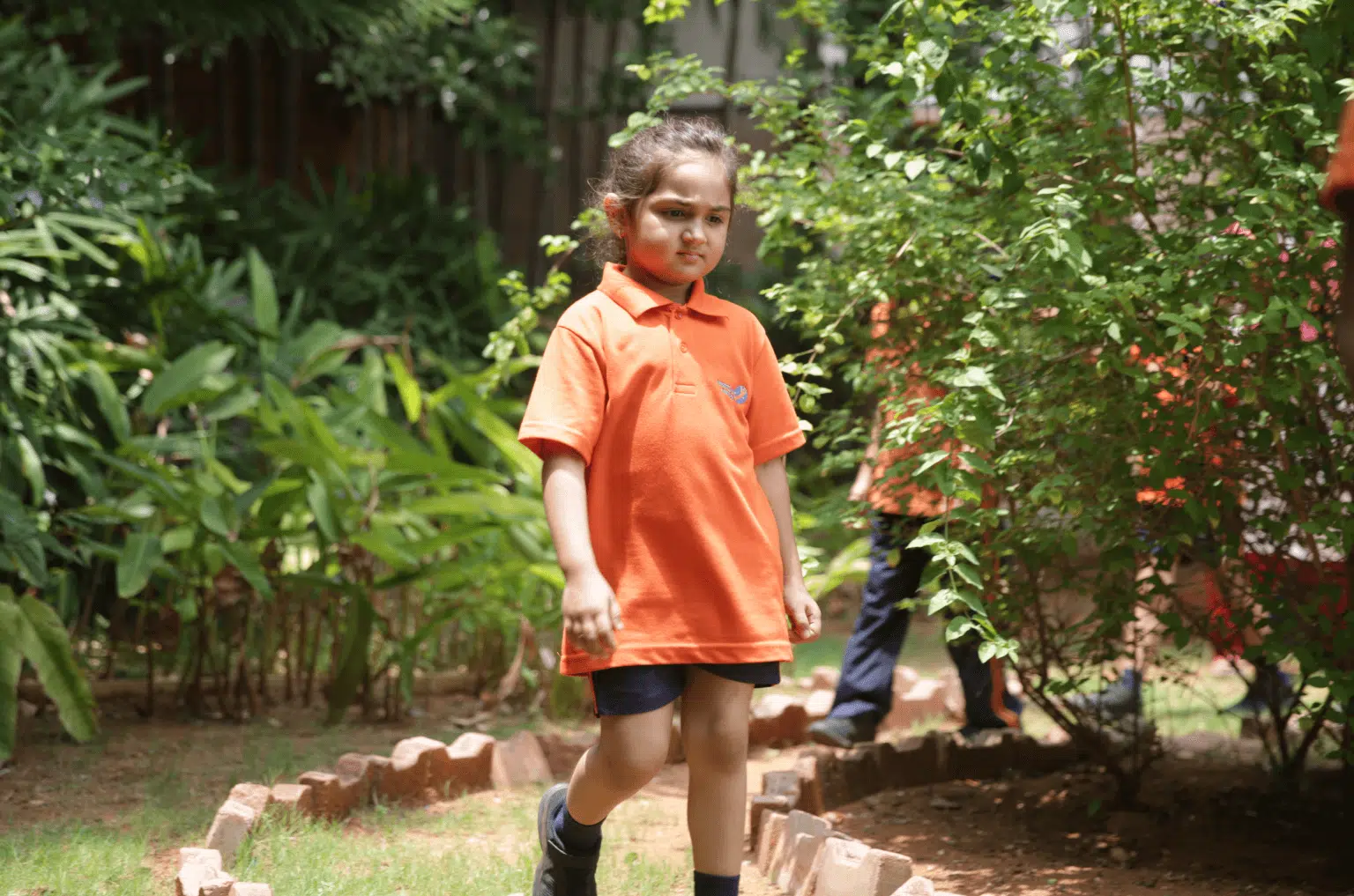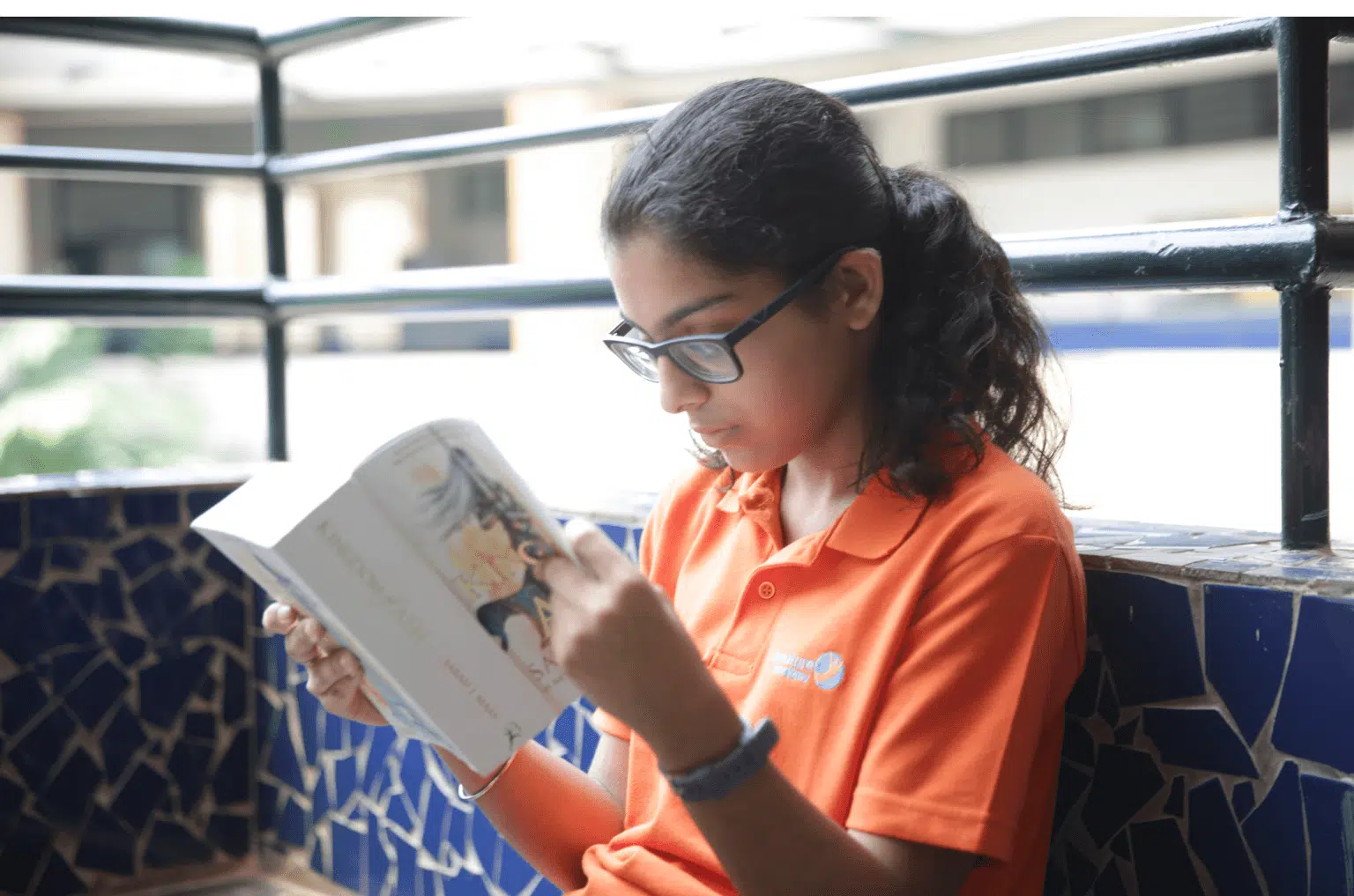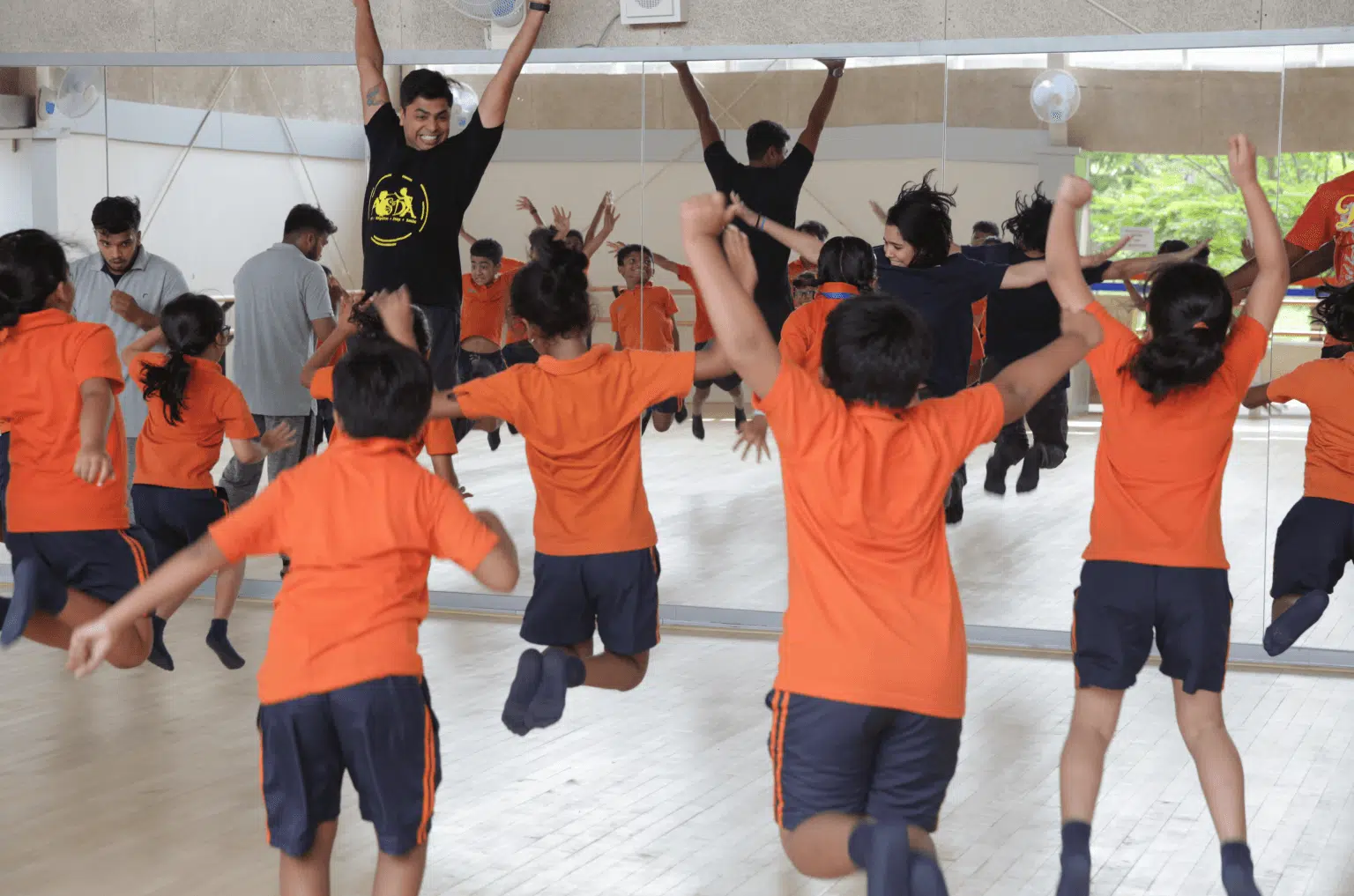Body image, our perception of our physical appearance, or simply, the way we see our physical selves, is greatly influenced by external factors such as media portrayals and societal norms. When adolescents undergo big physical changes during puberty, they often seek validation from peers and society, and are particularly susceptible to these influences. This phase of self-discovery and identity formation can sometimes lead to distorted perceptions of body image, affecting teens’ self-esteem and overall well being.
Table of Contents
ToggleHow the Media and Peer Pressure Influence Body Image
Flawless models and celebrities, and other such media representations, often set unrealistic beauty standards. Exposure to these images can make teenagers feel inadequate and drive them to strive for unattainable ideals.
Peer pressure exacerbates these feelings, as teenagers seek acceptance and approval from their social circles. Very often comments from peers about appearance or body shape can significantly impact the self-perception of teenagers. The most common example of this are negative comments about weight, which often lead to increased self-consciousness and a desire to change oneself.
Impact of Body Image on Mental Health

The impact of body image on mental health and well being is profound and multifaceted, with specific consequences that can significantly affect the lives of teens. Research and statistics shed light on these effects, highlighting the importance of addressing body image concerns for overall mental health:
Depression and Anxiety:
Negative body image is strongly associated with symptoms of depression and anxiety. According to a study published in the Journal of Abnormal Psychology, adolescents who reported dissatisfaction with their body image were more likely to experience symptoms of depression and anxiety. Similarly, research from the National Eating Disorders Association indicates that individuals with poor body image are at higher risk for developing mood disorders.
Low self-esteem:
Poor body image often leads to diminished self-esteem and self-worth. Adolescents who perceive themselves unfavorably are more likely to have lower levels of self-esteem, according to findings published in the Journal of Youth and Adolescence. This low self-esteem can impact various aspects of life, including relationships, academic performance, and overall well being.
Eating disorders:
Body image concerns are a significant risk factor for the development of eating disorders among teenagers such as anorexia nervosa, bulimia nervosa, and binge eating disorder. Research from the National Eating Disorders Association indicates that individuals who experience dissatisfaction with their body image are more likely to engage in disordered eating behaviors.
Social withdrawal:
Poor body image can lead to social withdrawal and isolation as children feel self-conscious about their appearance. According to research published in the Journal of Health Psychology, adolescents who report dissatisfaction with their body image are more likely to avoid social situations and experience feelings of loneliness. This social withdrawal can further exacerbate feelings of depression and anxiety.
Practical Strategies to for Positive Body Image

In order to support teenagers in developing a healthy relationship with their bodies, they need empowerment and self-acceptance, so that they can navigate the complexities of body image with resilience and confidence.
Body acceptance is the practice of embracing and valuing one’s body unconditionally, whatever its shape, size, colour, or perceived flaws. It involves understanding that our worth is not solely determined by our outward appearance, but rather by our inherent qualities and contributions as individuals.
Ways to embrace and cultivate body acceptance:

Positive self-talk:
Whenever you catch yourself having negative thoughts about your body, gently challenge them. Replace them with affirmations and reminders of your unique strengths and qualities.
Curate social media:
Take care of your online space. Consider taking breaks from social media or curating your feeds to include content that promotes body positivity. Limit accounts that bring negativity, and follow those that celebrate diverse body types and spread messages of self-love.
Appreciate function over form:
Shift your perspective from appearance to function. Take a moment to marvel at the incredible things your body can do – from dancing and walking to simply breathing and embracing life’s adventures.
Surround yourself with positive Influences:
Surround yourself with people who uplift and support you. Seek out communities, friends, and family members who celebrate you for who you are. Consider joining body positivity groups or engaging in activities that make you feel truly alive.
Avoid comparison:
Embrace the uniqueness of your journey and avoid measuring yourself against others. Social media often showcases only the highlight reel, so focus on your own progress and celebrate every step of your journey with kindness and compassion.
Gratitude journaling:
Practice gratitude journaling as a way to appreciate your body and everything it does for you. Take a few moments each day to jot down things you’re grateful for, whether it’s your body’s strength, resilience, or ability to experience life’s joys.
Boundary setting:
Set healthy boundaries with yourself and others. Consider setting gentle boundaries around discussions that may not be conducive to your journey of body acceptance. Recognize when you need time and space for selfcare.
Seek support:
If you are struggling with body image issues, remember that you are not alone. Reach out to a trusted friend, family member, or professional for support. Therapy can offer valuable tools and insights to help you navigate your feelings and cultivate a deeper sense of self-acceptance and love.
Share and grow :
Share your journey and insights about body acceptance with friends and family. It can be a way of reinforcing your own beliefs and helping others along the way.
Body Acceptance affirmations : Tools to empower and equip kids for positive body image

In the journey towards body acceptance, affirmations serve as powerful tools to empower and equip individuals with the mindset and resilience needed to embrace their bodies fully. These affirmations not only promote self-love and appreciation but also foster a sense of confidence.
Say these aloud everyday as if they are already true:
- I honor and respect my body as it is today.
- Every part of me is worthy of love and acceptance.
- My self-worth is not tied to any physical attribute or societal standard.
- I am deserving of love, respect, and kindness, no matter my size or shape.
- I am grateful for the functions and capabilities of my body
- I choose to speak to myself with compassion and love.
- Beauty is diverse, and I am my own kind of beautiful.
FAQs
The purpose of going on a self-love journey is to learn to appreciate yourself for who you really are. It is about understanding your strengths and weaknesses and being okay with them. When you practice self-love, you start feeling more confident, happier, and better about yourself.
Staying motivated is key! Here are some things you can do:
- Set goals that are clear and doable – It could be something simple like telling yourself one thing you like about yourself each day.
- Celebrate the little wins -Did you handle a tough situation well? Pat yourself on the back!
- Take care of yourself – Do things that make you feel good, whether it is going for a walk, drawing, or just chilling out.
- Stay present and aware of your feelings -Notice when you are feeling down and try to figure out why. Sometimes just acknowledging your emotions can help you feel better.
Challenge negative thoughts: Whenever you catch yourself engaging in negative self-talk, challenge those thoughts by asking yourself if they are based on facts or irrational beliefs. Try to replace negative thoughts with positive affirmations and realistic self-statements.
Practice self-compassion: Treat yourself with the same kindness and understanding that you would offer to a friend facing similar challenges. Remind yourself that it is okay to make mistakes and that you are worthy of love and acceptance.
Practice gratitude: Focus on the things you are grateful for in your life, no matter how small. Practicing gratitude shifts your perspective, helping you appreciate yourself and your accomplishments.
Seek support: Do reach out to trusted friends, family members, or mental health professionals for support and guidance. Talking to someone you trust can provide you with perspectives that help you overcome self-doubt and build self-confidence.
Conclusion
Embracing body acceptance is not only about loving ourselves but also about promoting self-love and appreciation in others. By adopting these practices and affirmations, we can embark on a journey of self-discovery and empowerment, celebrating diversity and the uniqueness and beauty of every body.



